Socialization Guidelines for Urban Puppies
by Ovidiu Stoica and Jennifer Wheeler
Last edited on February 28, 2025
What Is Puppy Socialization?
Socialization is the process of interacting and engaging with a wide variety of humans and dogs, in order to acquire and internalize the necessary skills, behaviors, and confidence needed to navigate and participate in human and canine social settings. It begins when puppies are around 4 weeks old and continues throughout their life. However, the period from 4 to 16 weeks is the most important. Improper socialization during this window will result in the development of life-long, severe behavioral problems like anxiety, fear, and aggression.
To properly socialize puppies to become behaviorally balanced family dogs, they have to be exposed to and interact/play, on a daily basis, with as many diverse people and dogs as possible, so they can overcome any feelings of fear or anxiety that they might have.
As puppies grow older, they will, most likely, be confronted with situations that are less than friendly or comfortable. They will encounter an aggressive dog, or an unfriendly person. But because they were properly socialized, they will be resilient and avoid any psychological scarring.
Socializing Your Puppy with Other Dogs
Your puppy is not yet fully vaccinated so she should not go to the local dog run, or just interact with any dog she meets on the streets. However, this is the time she absolutely needs to be socializing with other dogs… every single day. Your job will be to facilitate and curate such social interactions for her, by providing a safe and friendly environment, where she can have daily playdates with friendly, healthy dogs, of different breeds, ages, and sizes.
Planning social interactions and playdates with other dogs is not just about fun. Free play is how all mammals learn, and your puppy is no different. She is going to learn how to effectively communicate with other members of her species, the rules of social interactions, impulse control, and so much more.
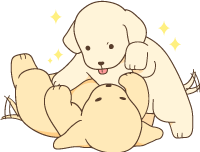
Playdates with Puppies
- Organize playdates with healthy, friendly puppies of varying sizes, and energy levels;
- Give them the space and time to observe each other, to have fun, and to form friendships;
- Some puppies may correct each other with firm posturing and vocalizations. In moderation, this is desirable learning behavior.
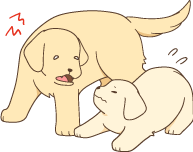
Playdates with Adult Dogs
- Screen adult dogs for illness and friendly, tolerant temperament;
- These meetings can involve play, but are more about learning doggie norms and manners;
- Sharing a space, communicating, parallel exploration, and snuggling are all great learning experiences for a puppy.
Your puppy should be playing off-leash and interacting with other dogs every single day, as often as possible. Don’t forget that during this period you are setting her up for a lifetime of fun with doggy friends!
Socializing Your Puppy to People
Socializing your puppy to people is a bit more straightforward than doggy playdates because you don’t usually have to screen for illness and temperament.
Just get your puppy out into the world and let her interact with as many people as possible… every single day!
- Introduce her to your friends and neighbors;
- Let her meet and interact with strange friendly people of every age, size, and color;
- Let her get some treats from the the mailman and the bus driver;
- Let her be pet by helmeted skateboarders and bikers;
- Take her to playgrounds and encourage her to play with children;
- Take her on the bus, the subway, and crowded city streets, so she’s surrounded by a sea of people.
All the while, you will be her calm and confident guide that makes her feel safe.

What do you do if your puppy shows any signs of anxiety?
First, you should feel happy that you’ve identified a potential problem, then proceed to incrementally get her used to whoever is making her nervous. Give her space to observe, to smell, and reflect. Let her lean against you for comfort and talk to her with a calm, neutral tone of voice. If that doesn’t work to calm her down, give her a break by moving away, and engaging her in play until she relaxes. Then get close again to whoever made her nervous and encourage them to interact in a positive way. Only through this repetition process will the puppy learn that there was nothing to be scared about, and become comfortable and well-socialized.
Familiarization to Handling
In addition to getting your puppy comfortable with different people and dogs, you need to make her comfortable with being physically handled.
As soon as you bring your puppy home, you should be handling her a lot and in many different ways – not just by petting her. You will do things that she may not like or that may seem a little odd:
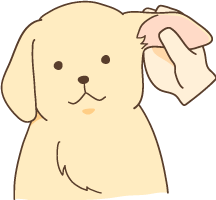
- stick your fingers in her mouth & ears,
- play with her toes and paw pads,
- gently squeeze her nose,
- gently pull her tail,
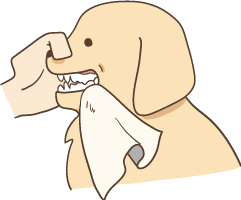
- touch her teeth, gums, and tongue,
- touch every part of her face,
- gently pull her legs back and forth,
- give her a back massages & rub her belly,
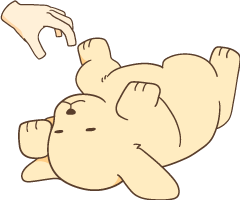
- brush her fur with a comb,
- regularly pick her up
- and hold her in different positions.
Why? Because for many different reasons, over the course of her life, you are going to have to handle her in these ways. You will have to regularly clean her ears, cut her nails, brush her fur, and brush her teeth. You will have to check her for fleas and ticks. You may have to give her eye drops or clean a wound. You will have to bring her to the vet where she will be poked, prodded, and pulled. You will certainly have to pull something out of her mouth that she isn’t supposed to chew.
If you have regularly handled her in the ways we suggest, she is going to get used to it. She might not love having her nails clipped or going to the vet, but she will not be afraid because she trusts you, and she is familiar with the way these weird things feel.
Missing the Socialization Window
Many dog owners will never have the opportunity to socialize their pups during the critical 4-12-week window for the simple reason that they did not have them yet. If you’ve adopted an older puppy or an adult dog, it will most likely be obvious if she was properly socialized as a puppy. If she’s friendly, tolerant, and relaxed when interacting with various dogs and people, she was properly socialized.
If she is anxious, fearful, or aggressive, arm yourself with patience and employ the help of a dog trainer specialized in behavior problems, and of a veterinarian that can help prescribe anxiety medication for extreme cases. While you may never be able to fully extinguish these undesirable traits, depending on how severe they are, you can learn management strategies that will improve the life quality for you and your pup.
The Takeaway
You are an urban dog parent and a huge part of giving your city pup the best life possible is to help her experience the world with confidence and curiosity. Puppy socialization is one of the most important steps in giving her the skills to do so. Get out and about, and show your new puppy the wonderful diversity of dogs, people, places, sounds, and smells that are everywhere in your city!
Stay tuned for our upcoming articles and watch our video on how we socialized our puppy:
About the author
Ovidiu has over 25 years of experience professionally working with dogs. In 1997 he started training dogs for private clients, dog conformation shows, and Schutzhund competitions and founded NYC Doggies in 2002. Ovidiu has co-authored the upcoming book, WHOLE DOG PARENTING: EVERYTHING YOU NEED TO RAISE AND TRAIN AN URBAN PUP
Jennifer is a writer and graduate of NYU School of Law. Jennifer researches and writes original, science-based articles for the NYC Doggies blog, and her writing on other topics can be found in the Huffington Post. Jennifer and Ovidiu have co-authored the upcoming book, WHOLE DOG PARENTING: EVERYTHING YOU NEED TO RAISE AND TRAIN AN URBAN PUP

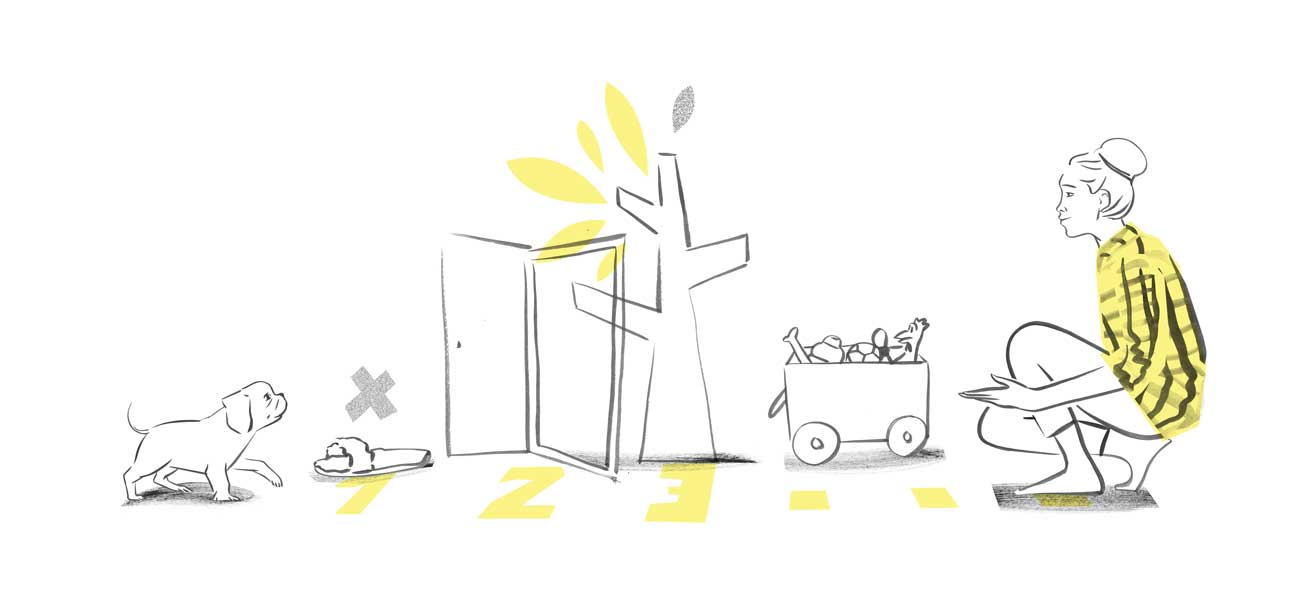
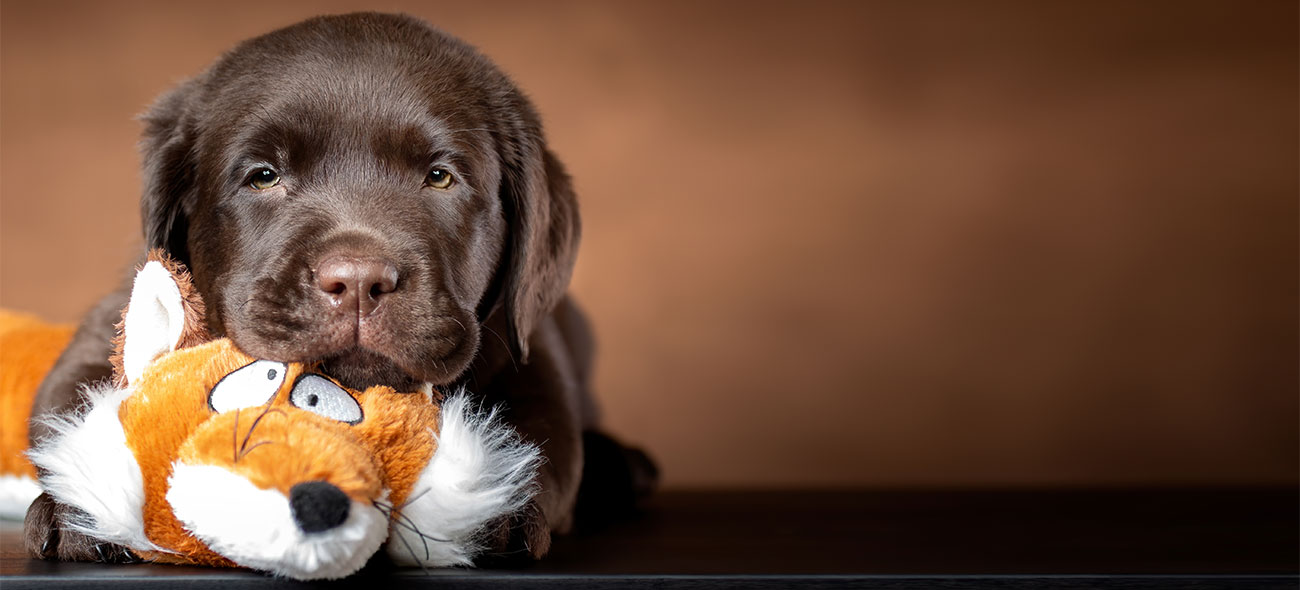
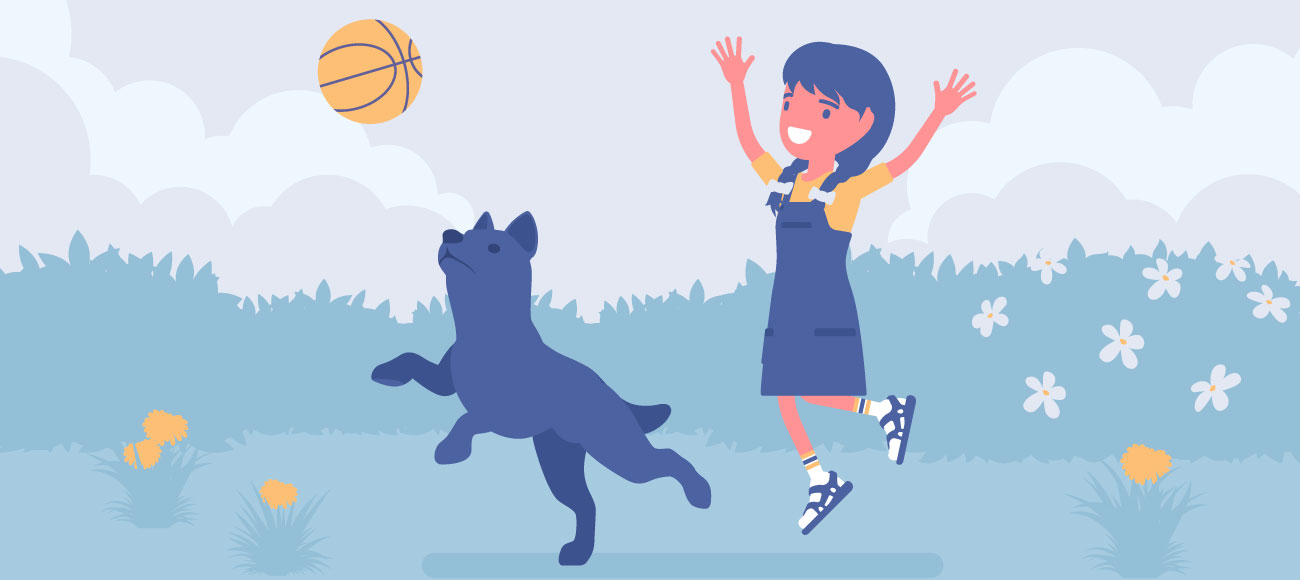
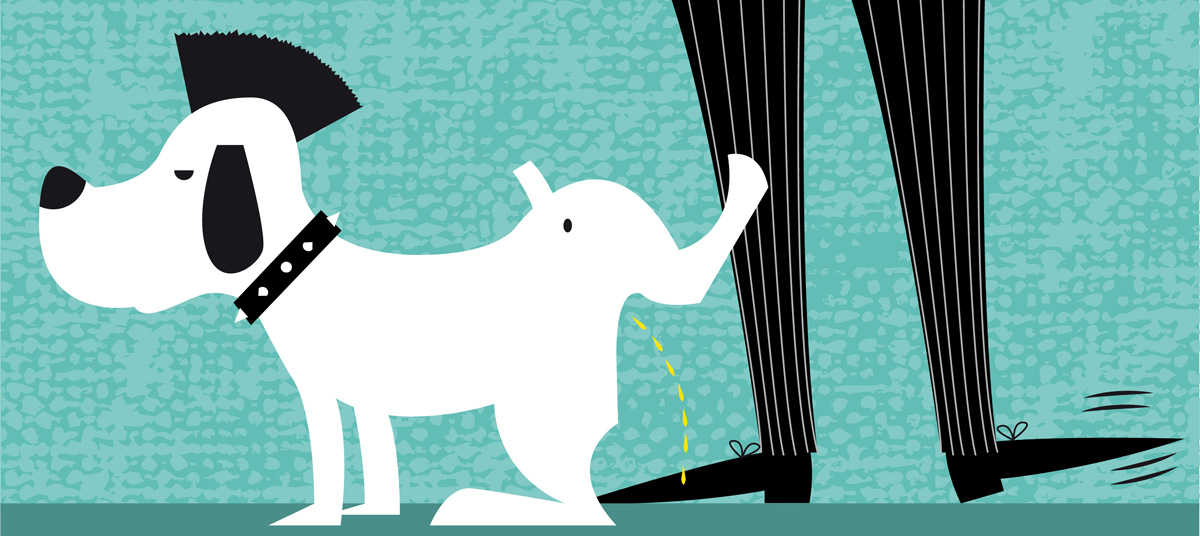
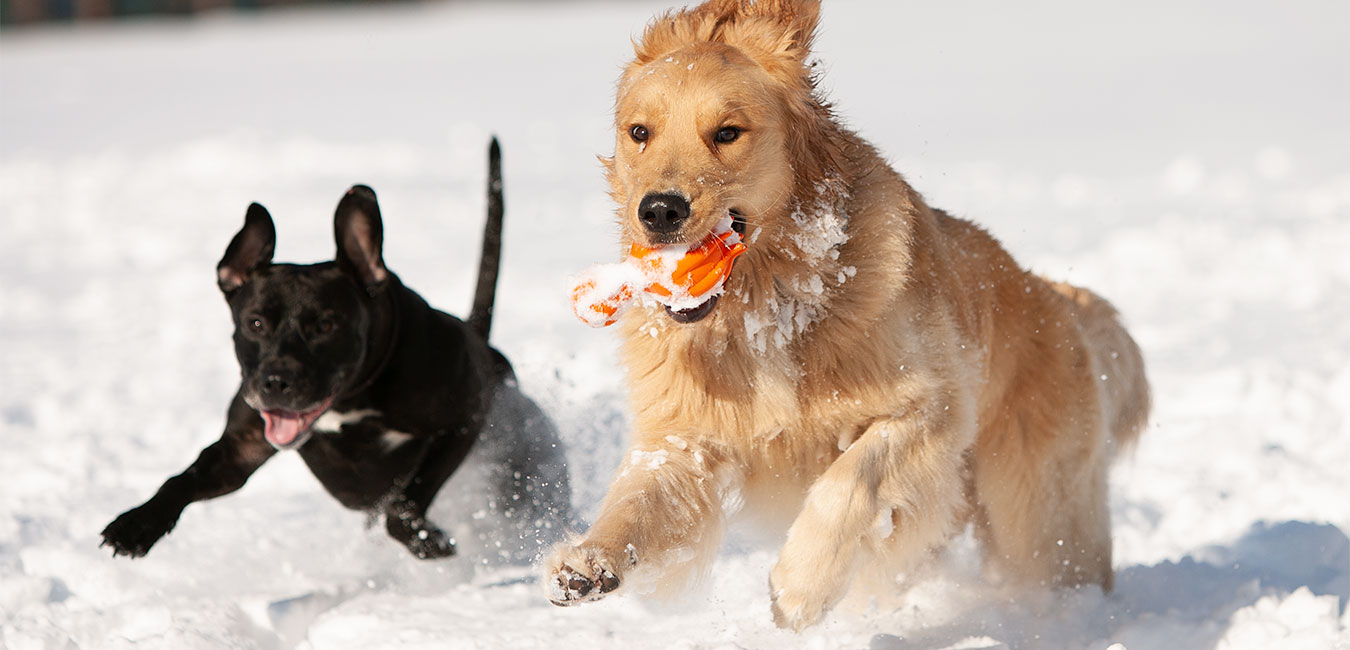
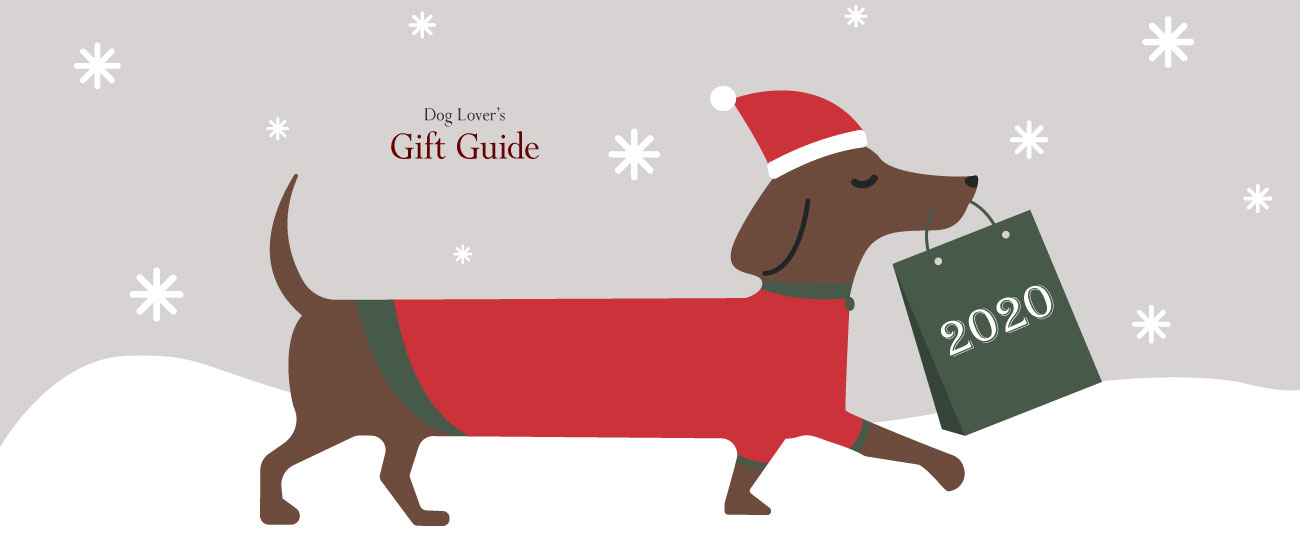

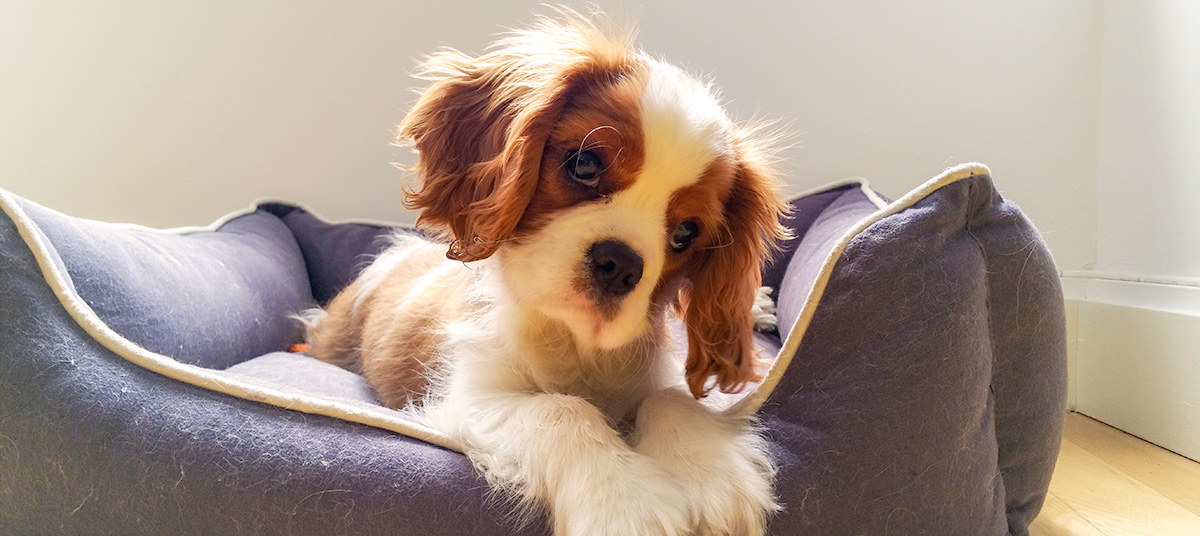
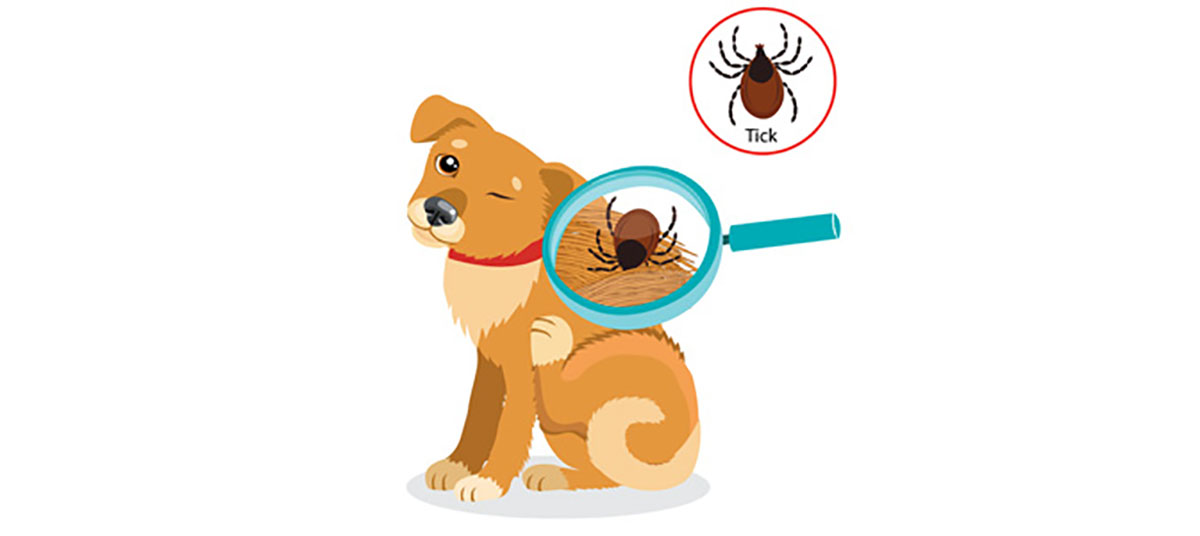
Leave A Comment